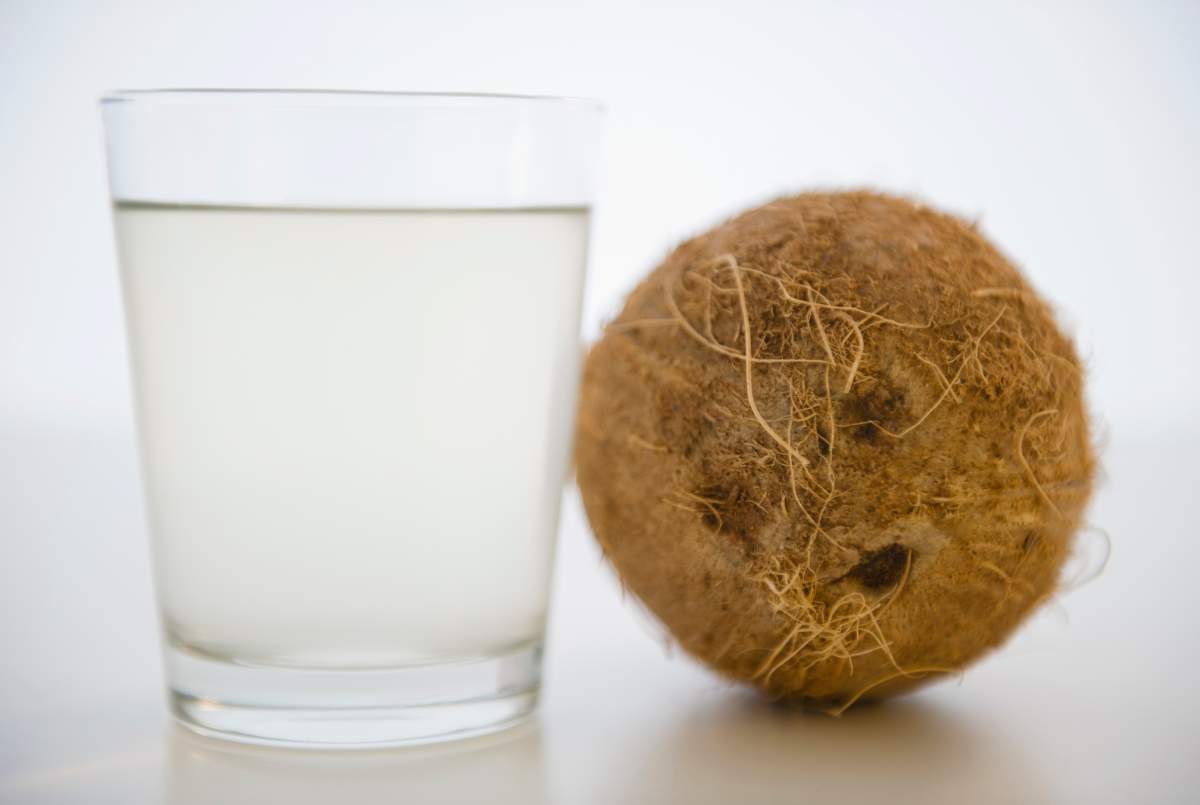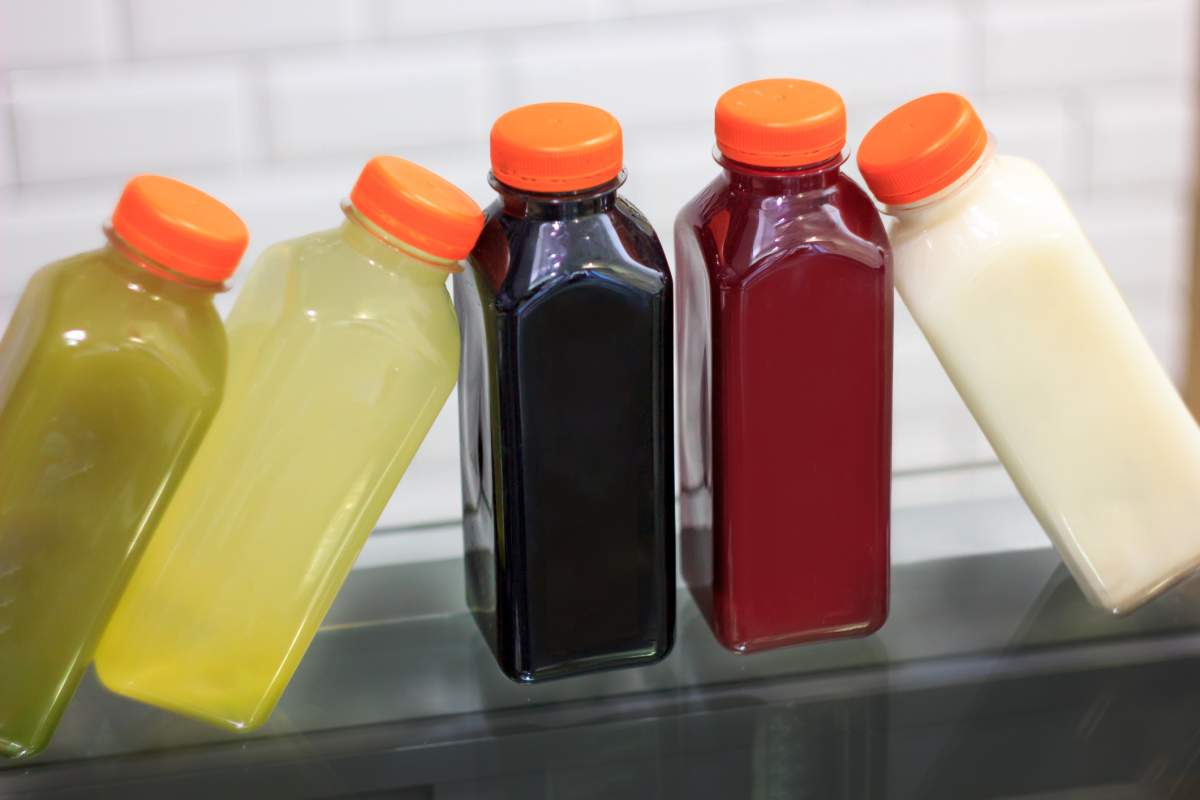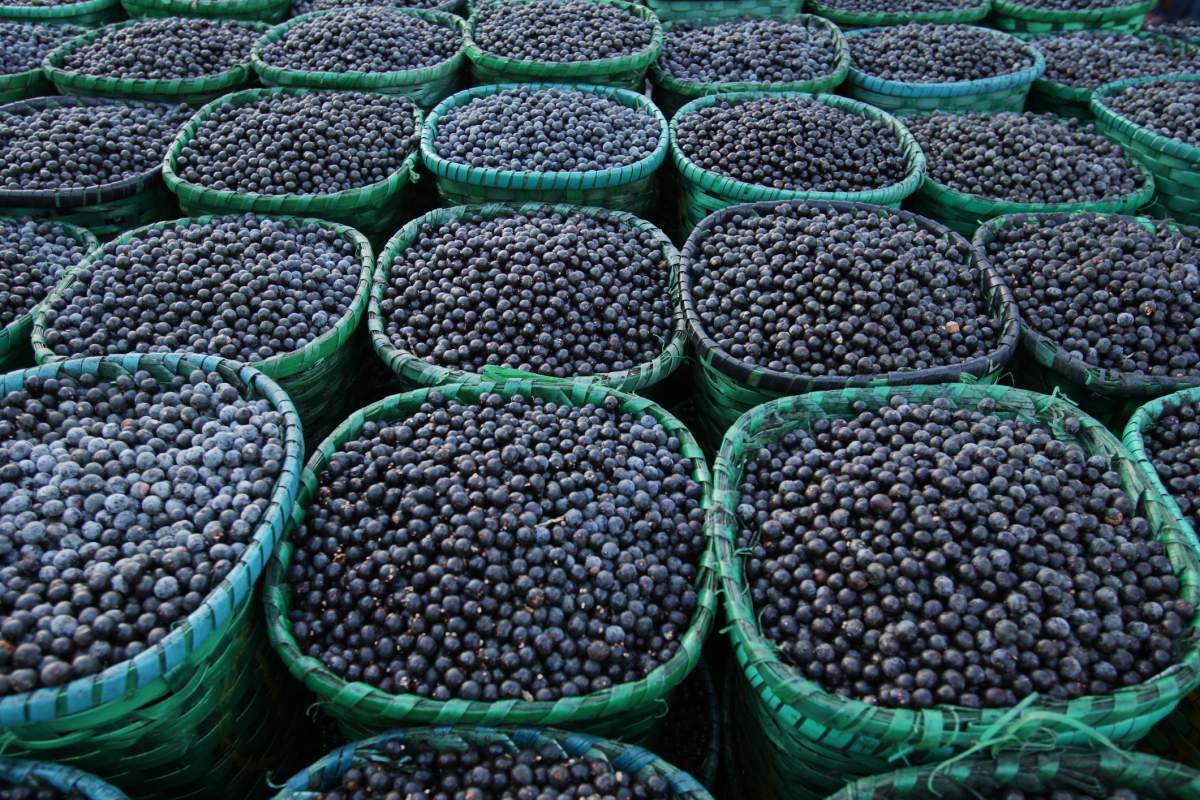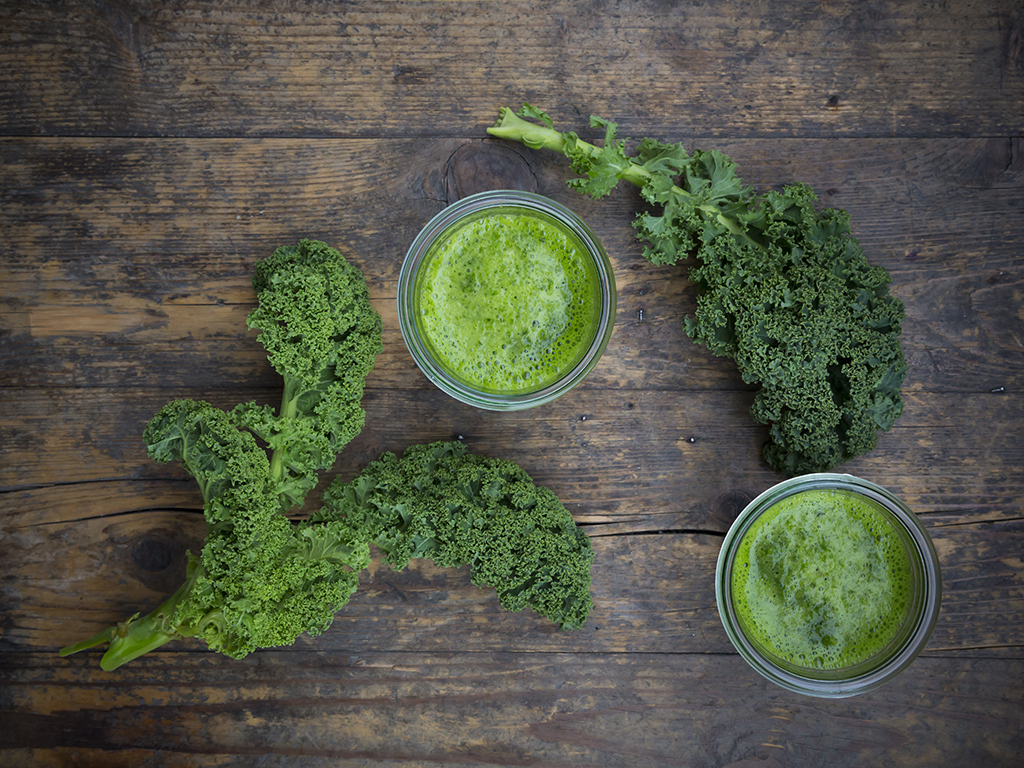Superfoods are often deemed powerful and can do a number of things to your body, but if you don’t eat well in general, a few superfoods here and there aren’t going to make a difference to your overall health, experts say.

“These foods are overrated because a lot of money is being made pinning our healthy hopes onto these non-magical substances. Of course, they are good foods, but you need to think of them as the pricey, optional accessories to a healthy diet,” says Desiree Nielsen, a registered dietitian based in Vancouver.
READ MORE: Superfoods to aid fertility and pregnancy
Below, experts weigh in on the superfoods that aren’t worth the hype, especially when you consider their high cost, marketing campaigns and lack of scientific research to back the claims of better health. More importantly, they say, don’t expect any of these to provide miracle weight-loss or energy boosting results.
Goji berries
Coconut oil
Nielsen says coconut oil is simply a cooking oil, not a superfood.
“The amount of websites claiming that coconut oil is a ‘miracle food’ is shocking. It’s an important fat for people on a fully vegan diet, as it provides saturated fats that might otherwise be lacking.” And although some people like to cook with it, Nielsen recommends extra virgin olive oil instead.
“Coconut oil has a lot of medium chain triglycerides, which the body prefers to burn than store. But it’s not magic; if you over-consume energy over the course of the day, your body will store the extra energy as fat.”
Chlorella
This blue-green algae claims to boost energy and have antioxidant benefits, but Nielsen says there is not much scientific research out there to back these claims.

Get weekly health news
“This is important because this stuff isn’t cheap…and in the manufacturing process, there can be heavy metal contamination. Sourcing and quality matters here, big time.”
And for those who believe it is the best way to get protein, she adds you are better of having nuts, beans or eggs.
“If you are interested in the benefits of algae, spirulina has much better research behind it. It’s a unique pigment, C-phycocyanin, and may help support liver health.”
Agave nectar
Anar Allidina, a registered dietitian based in Richmond Hill, Ont., says this sweetener has been marketed as a low-glycemic sweetener, because it doesn’t have glucose.
“However, agave does have fructose, which is another type of sugar. While our body uses glucose for energy, the liver is the only organ that can metabolize fructose in significant amounts. Eating a diet that is high in calories and high in fructose means the liver gets overloaded and starts turning the fructose into fat,” she tells Global News.
You are better off cutting back on your overall sugar intake.
READ MORE: 8 things you didn’t know about what you’re eating
Coconut water
“Coconut water has a lot of sugar, which in most people will turn to fat. For athletes, I have special recovery drinks and do not recommend coconut water. Coconut fat is saturated and when eaten in excess, can clog arteries.”
Vegetable and fruit drinks
You may notice more and more brands of freshly squeezed juices and vegetable cocktails on grocery store shelves, but Byron suggests many of these products are only marketed as being healthy. Often, brands remove the fibre, add sugar and have less micronutrients than the actual whole food.
“I will say these are great to drink after intense exercise with some protein on the side. Not worth $10 a bottle, however — make it at home.”
READ MORE: 8 everyday foods that deserve ‘superfood’ status
Acai berries
Green smoothies
Allidina says it is fine to make your own smoothie at home so you can control your ingredients, but some commercial green smoothies can be sugar bombs.
“Save your money and stick to homemade smoothies, or make sure to read the nutrition label and stick to green juices that have less than 10 grams of sugar per 250 ml.”
She says some smoothies at Booster Juice, for example, including the Tropi-Kale smoothie, can have up to 51 grams of sugar in the regular 710 ml serving, which is equivalent to almost 13 teaspoons of sugar.
















Comments
Want to discuss? Please read our Commenting Policy first.